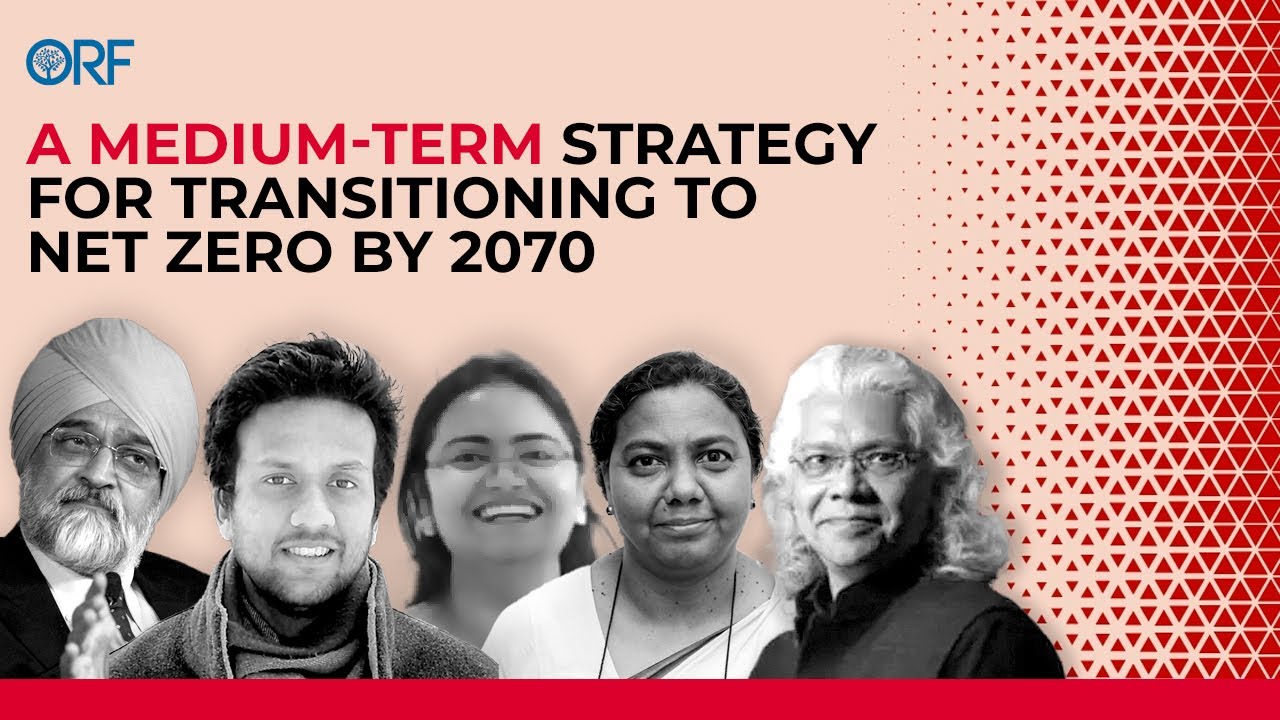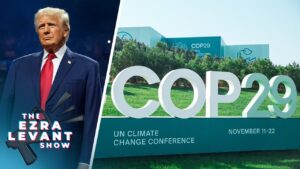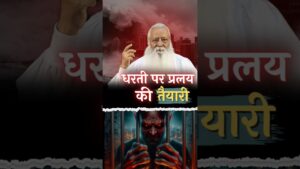
This paper assesses the feasibility of India achieving its stated goal of net zero by 2070 and presents a medium-term strategy for what would be required over the next decade to achieve this objective. It advocates a combination of price-based measures, such as an Emissions Trading System (ETS), and sector-specific interventions to facilitate the transition. The key elements over the next ten years would be (i) the design of the ETS, (ii) the pace of expansion of renewable energy (RE) capacity, (iii) the electrification of transport, and (iv) the shift to energy efficient systems, such as from private to public transport and from road to rail for freight.
Paper Presentation:
Montek Singh Ahluwalia, Distinguished Fellow, CSEP; Former Deputy Chairman of the Planning Commision
Utkarsh Patel, Visiting Associate Fellow, CSEP
Discussants:
Shweta Kumari, Assistant Professor, Department of Economics Satyawati College, University of Delhi
Lydia Powell, Distinguished Fellow, ORF
Chair: Gautam Chikermane, Vice President, ORF
#netzero #energytransition #renewableenergy #india #environment #climatechange #emission #electricvehicles #transformation #transport #energy
source







Heat pump technology – Bharat needs to delve deeper into this.
It's a terribly under utilized technology.
Even 2070 will be challenging to achieve, this 2047 target is not even a pipe dream but a nightmare considering the socio political situation of the country.
Discussion of net zero while sitting in it .
Watching from Cox's Bazar, Bangladesh. Thanks a lot sir.🌺